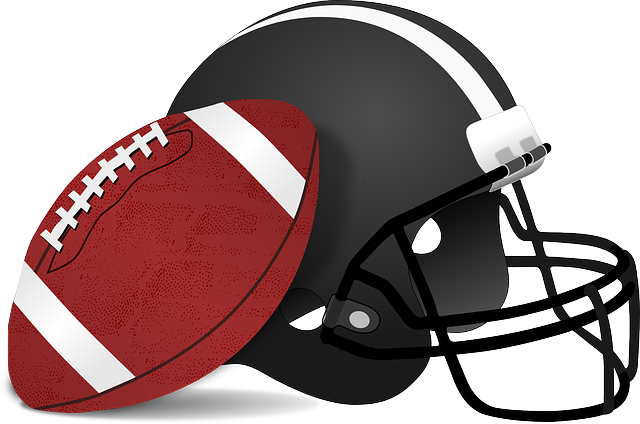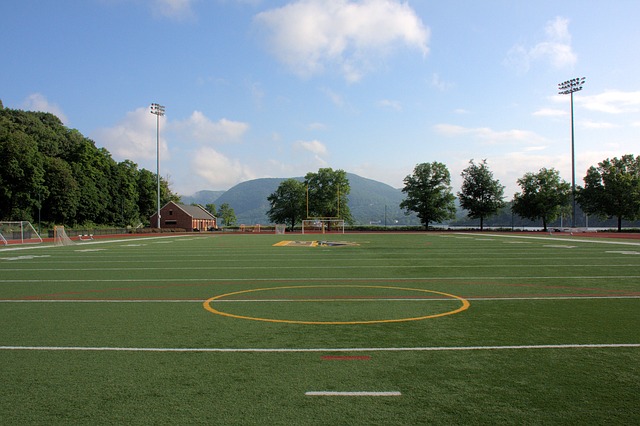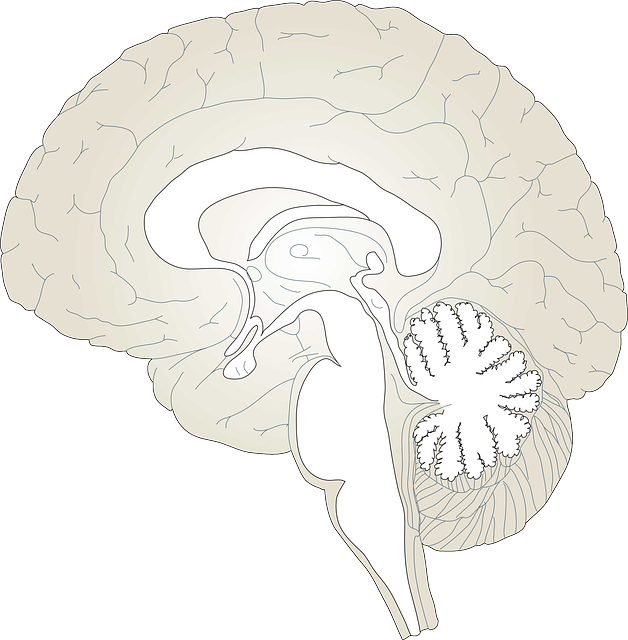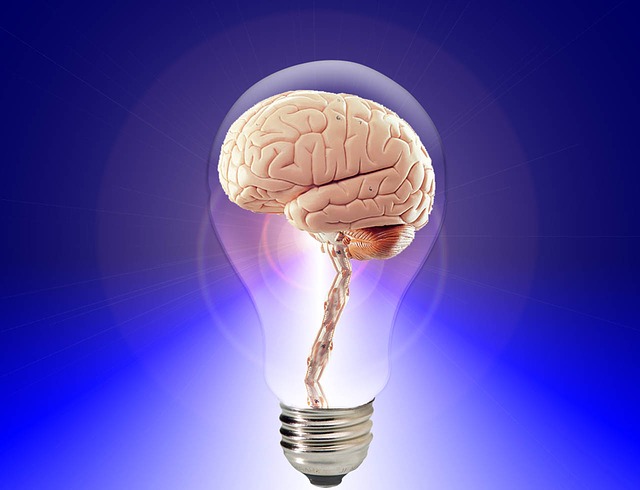Safety advocates have long touted the benefits of helmets as one way to prevent serious head trauma and brain injury in Homestead and other communities. Helmets, studies have shown, can help protect you from injury in a bicycle accident in Homestead, a sports injury, or a motorcycle accident.
A new study, however, suggests that more needs to be done to prevent brain injuries and serious accidents. According to a new study from the Florida Center for Headache and Sports Neurology, football helmets, for example, do little to prevent concussions caused by impact to the side of the head. Impacts that create rotational force – a force that causes the head to rotate on the neck and therefore causes the brain to rotate from the impact – aren’t prevented by the helmets.
The study comes on the heels of studies and research that repeat head injuries and trauma can lead to serious brain injury, including a brain disease known as CTE (chronic traumatic encephalopathy). CTE is a degenerative disease that causes moodiness, depression, memory loss, confusion, cognitive problems, motor skill problems, aggression, and other symptoms. It is only diagnosed after death in most cases. Some studies have also shown that serious brain trauma can increase the risk of early fatalities by as much as threefold.

Researchers at the Florida Center for Headache and Sports Neurology used a standard drop test system to test football helmets. This is the test used the National Operating Committee on Standards for Athletic Equipment. The test involves placing the helmets on a test dummy. In the Florida test, the dummies had a neck and also sensors to test the rotational and linear impact of trauma. When 12 mile-per-hour impact occurred, researchers found that the helmets reduced the risk of linear impacts much better than the risk of rotational impacts.
The football helmets reduced skull fracture risk by 60-80% when compared to no helmet and reduce the risk of bruising brain tissue by 70-80%. However, since the helmets did not help prevent rotational injury as well, they only lowered the risk of traumatic brain injury by 20% when compared with no helmet use.
Obviously, helmets should be worn because they can help prevent some sports injury in Homestead and other communities. However, what concerned the researchers is that the helmets did not do a better job of protecting athletes. This is important for children and high school and college athletes, especially, since brain injuries to minors and children in Homestead and other communities can result in more severe impact. Brains are still developing before adulthood, so a brain injury sustained early on can creating lasting trauma and can make the child vulnerable to severe injury.
In the future, it is possible that more effective helmets will be engineered to help prevent head injury. In the meantime, it is important for parents to buy their younger athletes a good-quality helmet and to check safety recommendations before choosing a brand of helmet; the Florida researchers did find that some brands of helmets are better at protecting wearers than others. Finally, there needs to be more of a focus on preventing head injuries in the first place, especially since helmets cannot prevent all injury. Less aggressive play and more skills building for athletes, for example, can help keep players safer on the field or the rink – no matter what kind of helmet they wear.
 Florida Injury Lawyer Blog
Florida Injury Lawyer Blog






